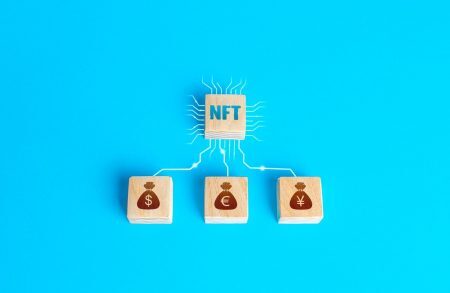Through social distancing mandates, lockdown measures and restrictions on gatherings and services, the pandemic has brought about widespread changes to…
Browsing: The Conversation
A new law gives Australian police unprecedented powers for online surveillance, data interception and altering data. These powers, outlined in…
In an effort to curtail how much time young people spend playing video games, China has banned students from playing them…
The saga over subscription-based social media platform OnlyFans, which announced it would ban sexually explicit content only to reverse that decision a week later,…
Over the past 25 years, the name “Google” has become synonymous with the idea of searching for anything online. In…
Digital technology is ubiquitous. We have been increasingly reliant on smartphones, tablets and computers over the past 20 years, and…
September marks the 10th anniversary of “Dark Souls,” one of the most important and influential video games of the last few decades. The game…
In recent decades the cost of wind and solar power generation has dropped dramatically. This is one reason that the U.S. Department of Energy…
Hearables are wireless smart micro-computers with artificial intelligence that incorporate both speakers and microphones. They fit in the ears and…
NFTs or non-fungible tokens first captured the public imagination when a digital collage by an artist named Beeple sold for US$69 million…










